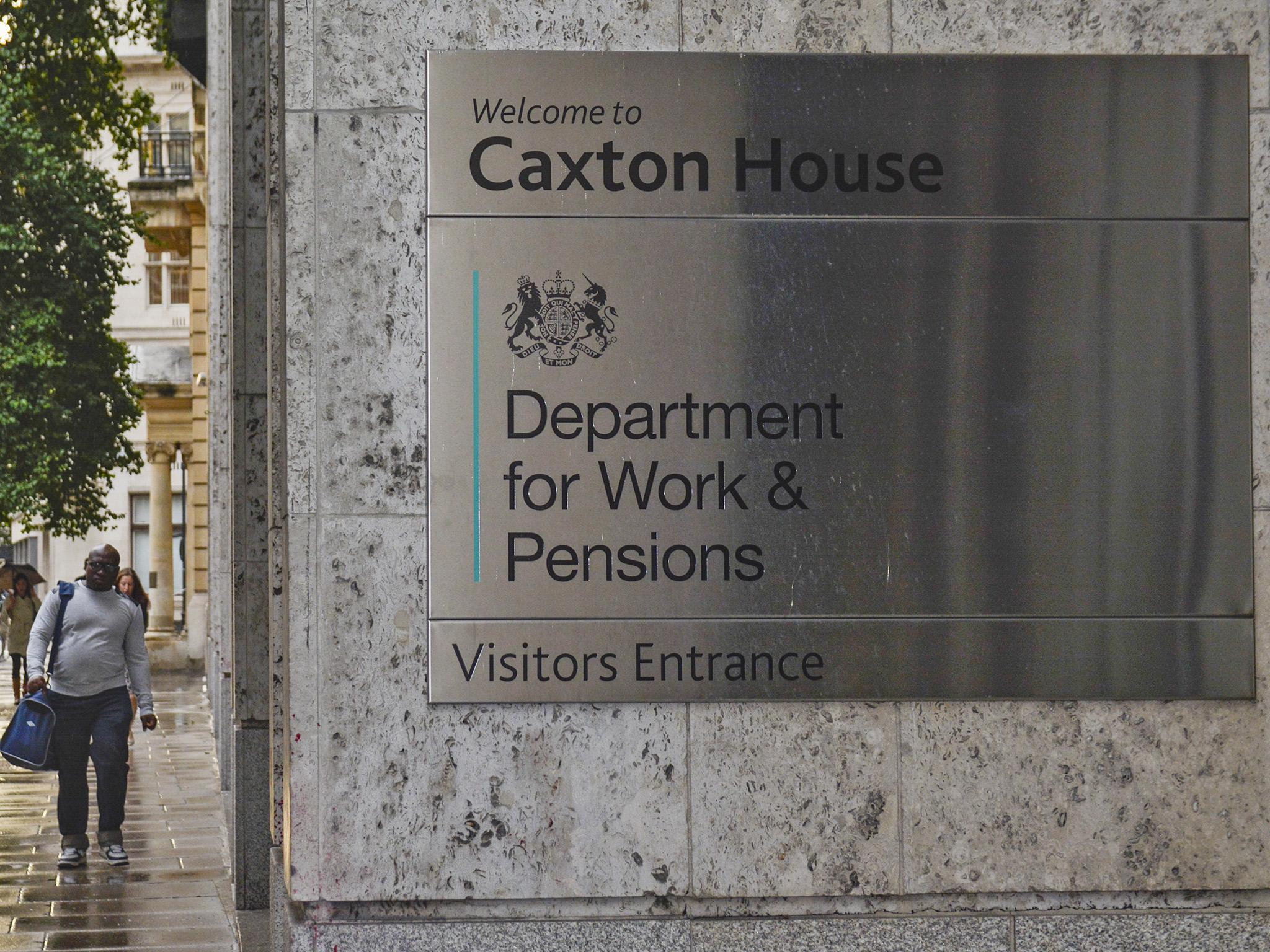The Tories have decided to 'incentivise' disabled people – by trying to cut their desperately needed benefits again
Ministers seem to think that if the state just stopped showering disabled people with sweeties they’d get off their backsides and get jobs. Employ a few ex-military PT instructors as 'work coaches' at the Job Centre Plus, allow them to impose sanctions on the real lazybones, and it won’t be long before no one will need ESA!


If you take a moment to look beyond Brexit, you’ll discover that Theresa May’s Government is up to some extremely nasty things.
One of those is its plan to slash the amount of money available for new sick and/or disabled claimants of Employment and Support Allowance.
This ugly little policy, already the subject of considerable angst, has just been made the subject of a sharply critical report from the Work & Pensions select committee.
But before we get to that, some background: the policy affects people in what’s now known as the Work Related Activity Group. These people are deemed by the Department for Work and Pensions to have disabilities or health conditions that limit their ability to work.
However, it is held that they could improve their chances through “work related activities” including attending “work-focussed” interviews at their local Jobcentre Plus.
From April, new claimants will be hit with a reduction of £29.05 in their entitlement, which will fall to £73.10 a week, the same rate as people currently claiming Job Seekers Allowance. This follows on from the cuts that the DWP tried to implement last year, which resulted in Iain Duncan Smith's resignation.
Before you ask why that should be a problem, remember that these are people with potentially quite serious disabilities or health conditions, which typically impose sharply higher extra costs upon them. According to the charity Scope, disabled people’s extra costs average out at about £550 a month, which £29 a week won’t even come close to covering.
It’s also worth remembering that you have to prove that you face some really quite serious challenges before getting ESA in the first place.
The DWP has, however, justified the cut by arguing that it will incentivise these people.
To the mind of its ministers, if the state just stopped showering them with sweeties they’d get off their fat arses and get jobs. They’re probably fakers anyway.
Employ a few ex-military PT instructors as “work coaches” at the Job Centre Plus, allow them to impose sanctions on the real lazybones, and, hey presto, it won’t be long before no one will need ESA!
You won’t be all that surprised to learn that the DWP doesn’t actually express in it like that. But it is the clear implication of their policy.
What the DWP doesn’t want to say that it is doing it to keep the Treasury happy by saving £450m a year from its budget by 2020-2021, and £1bn in total leading up to that point.
Ministers are only too aware that if they admitted this, people would be given an excuse to juxtapose that £29.05 a week against the millionaires’ tax cut they voted for. Oh look, I’ve just done it.
But let’s take the DWP at its word. The problem with its explanation for the cut is that it stands up to scrutiny about as well as some recipients of the benefit are able to stand up.
As the All-Party Committee’s report makes clear – it says the evidence supporting the idea that introducing a new, lower rate of ESA, will enhance incentives to work is “ambiguous at best”.
It also, quite rightly, states that “where new ESA claimants have unavoidably higher living costs related to their conditions, the change may leave them with lower disposable incomes than Job Seekers Allowance claimants”.
It might also impede their ability to find work (if it’s even realistic for them to do that). Something which they are going to find considerably harder than their able bodied competitors.
Right now around 80 per cent of adults of working age (16-64) are in employment. The number falls for 48.3 per cent for disabled people, using the Government’s preferred definition.
The report notes ministers’ stated commitment to halving what is known as the disability employment gap, but without giving any timescale.
Under the previous minister for disabled people, Justin Tomlinson, it was supposed to be done by 2020. Since then, however, the target has been dropped, not least because it would require getting as many as 1.5m disabled people into work in less than four years. We’re more likely to see a wheelchair based player getting into the NBA than we are that happening.
The Committee says it heard one estimate – from the Learning and Work Institute – that on current rates of progress, halving the gap would take over 200 years at current rates. But it could easily start to widen, particularly if unemployment starts rising, as it might, given the uncertainties the country faces.
People with disabilities who are not on ESA find it incredibly tough to find work, let alone those whose conditions are specifically assessed as limiting their ability to engage in it.
In researching this piece, I asked a friend with disabilities whether they were on ESA. This is what they said: “I am not 'sick' I am able to work. It’s just that finding work is difficult.”
You’ll hear that a lot. The vast majority of disabled people are like my friend. They want to work. The problem is finding employers that will look past the disability and judge them on their skills and abilities.
The committee has tried to be constructive. It has suggested incentivising employers to hire people with disabilities by offering reductions in their National Insurance contributions.
I have repeatedly argued that the Government, which employs millions through the public sector, and millions more via contractors that work for the public sector, should do far more than it is doing to monitor and influence their hiring practices.
Liz Sayce, from Disability Rights UK, has this to say on the cut: “We’re not aware of one single disability employment or benefits expert who thinks this particular cut will be an incentive for disabled people to get a job.”
And Frank Field, the Committee’s chairman, said this: “If they intend to proceed with these cuts, we expect an explanation of how this will not be detrimental to the target of halving the disability employment gap, by making finding and keeping a job even more difficult for disabled people than it already is.”
Quite. It stinks. And if this brutal holdover from David Cameron’s government isn’t re-examined, it will tell us an awful lot about the true character of the May Government that has succeeded it.



Join our commenting forum
Join thought-provoking conversations, follow other Independent readers and see their replies